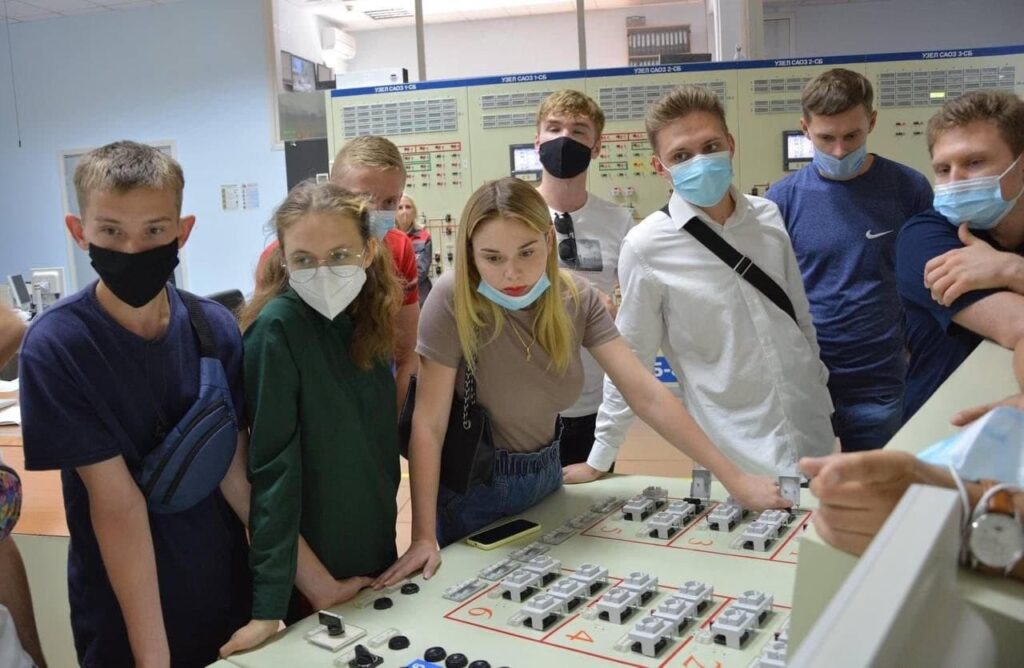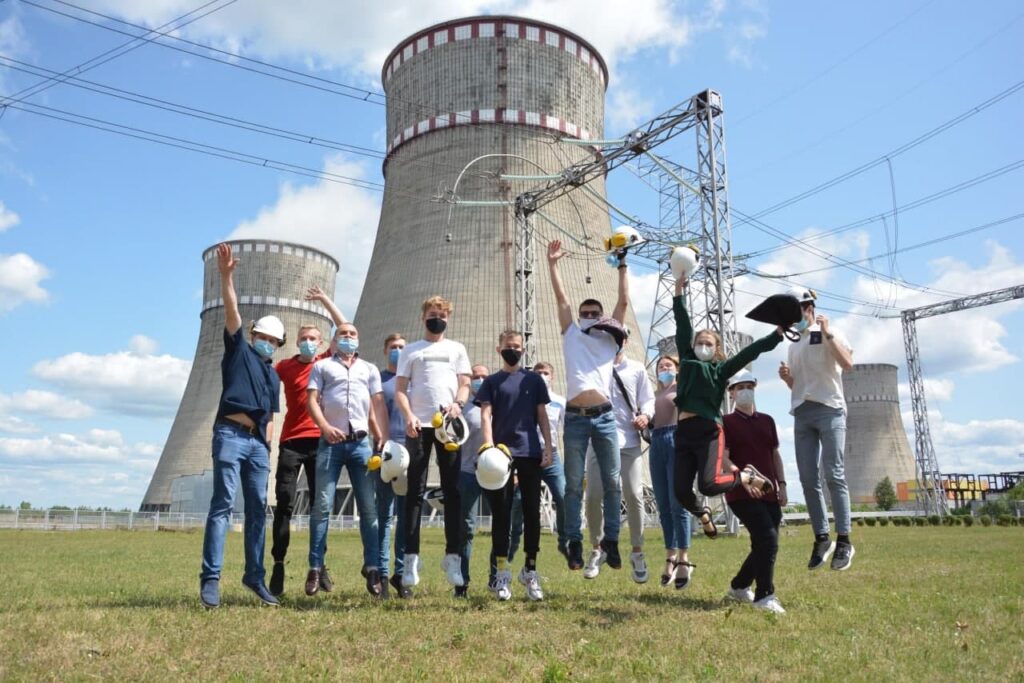
From July 5 to August 6, 2021 the specialized training programme on licensing of small modular reactor technology for Ukrainian students of the speciality Nuclear Power Engineering was conducted on the basis of the State Scientific and Technical Center for Nuclear and Radiation Safety (SSTC NRS) of Ukraine within the framework of cooperation with Argonne National Laboratory, USA. Students from Odessa Polytechnic (5 people), Kiev Polytechnic (4 people) and Lviv Polytechnic (2 people) were selected for the training.
The training was conducted to form understanding of the design basis and approaches to the safe NPP operation the main technical features of the latest technologies (primarily American NuScale Power and Holtec International), as well as approaches to ensuring nuclear and radiation safety of nuclear power plants that have already been implemented or are planned to be implemented in Ukraine.
Within the framework of this program, the SSTC NRS provided technical and scientific support to students, including lectures on the safety of nuclear reactors that leading experts of the enterprise delivered. With technical support and mentoring of the SSTC staff the students chose topics for further research on small modular reactor technology, developed the structure and detailed content of these studies, which would become the basis for their further bachelor’s and master’s theses. The training program included a technical tour to the Rivne NPP.
Now the share of nuclear energy in the country’s energy balance is more than 50%, that is an important factor in reliable energy supply. Considering the plans for the development of the nuclear industry in Ukraine, in particular the construction of new low-power reactors, there is an increasing demand for qualified personnel in this area.
Next summer, it is planned to continue the training of a selected group of students in the leading design and scientific institutions of the USA, which are engaged in the design and manufacture of equipment for small modular reactors.
The event significantly improved the quality of students’ training and gave an impetus to increasing interest in developing modern nuclear technologies.
